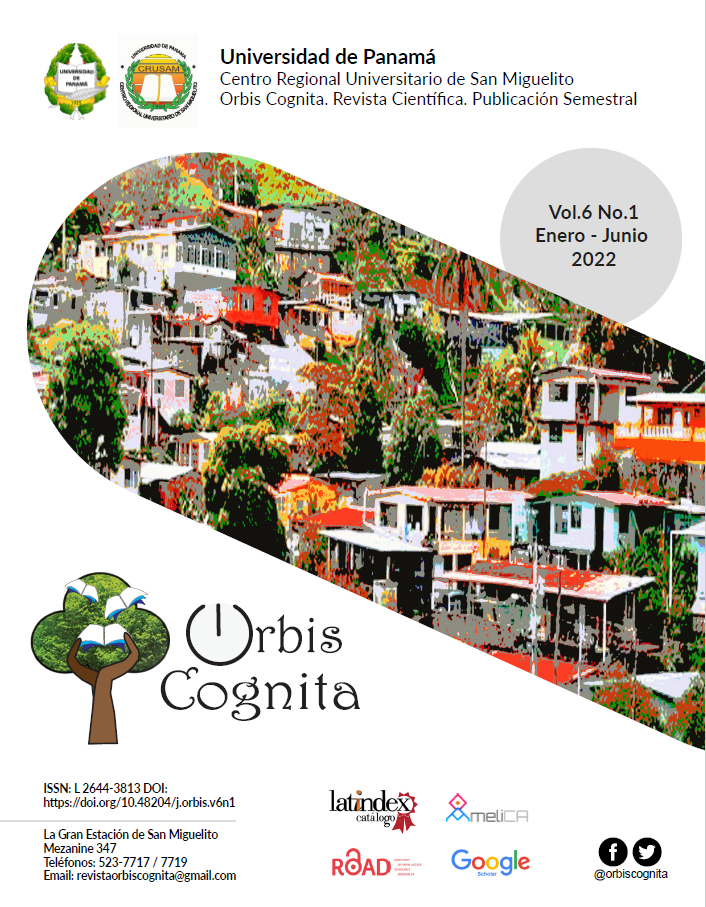

In Ecuador, micro-enterprises play an important role within the economy since they are generators of sources of employment and dynamism of the economy. The government, through public policies and reforms in this sector, makes an effort to consolidate this sector, but many times such reforms are not always aimed at such objectives from the point of view of the microenterprise sector, which approves regulations related to taxes that do not allow the development or growth of the sector but rather obey tax systems that seek to generate income to the treasury. The importance of this research is that it is necessary to make an anatomy of these governmental decisions since they affect both people and societies that are considered micro-enterprises. The objective of this research aims to analyse relevant aspects of the Income Tax Law of the Tax Simplicity and Progressivity Law approved in December 2019 and which entered into force on January 1, 2020.